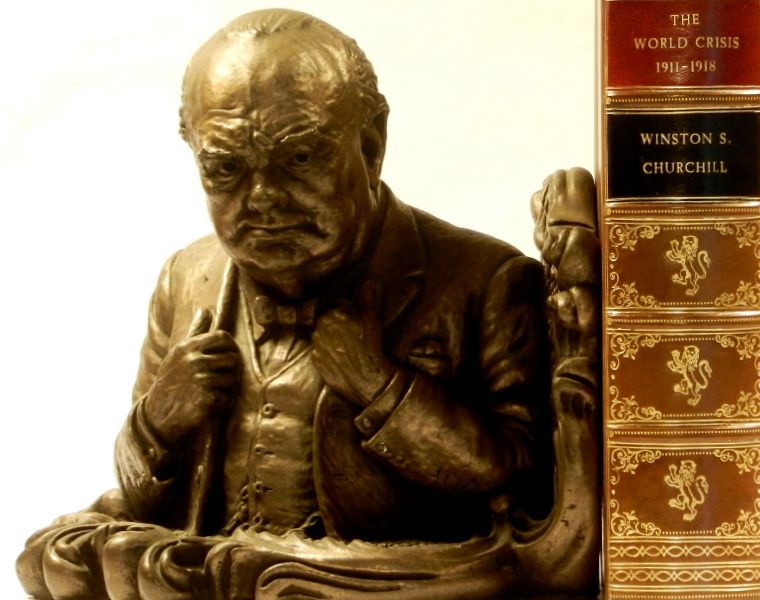first edition Quarter leather
1871 · London
by Charles Darwin
London: John Murray, 1871. First edition, first printing. Quarter leather. This is the first edition, first impression of Charles Darwins The Descent of Man and Selection in Relation to Sex his first book to apply the term evolution - in a striking contemporary fine binding.
The binding features quarter calf over marbled paper-covered boards, with blind tooled transitions between the boards and calf corners and spine. The spine features raised, gilt-decorated bands framed by double gilt rules, a black title panel, and gilt devices adorning undecorated compartments. The boards, endpapers, and page edges are all marbled in a matching nonpareil (truncated)
The binding features quarter calf over marbled paper-covered boards, with blind tooled transitions between the boards and calf corners and spine. The spine features raised, gilt-decorated bands framed by double gilt rules, a black title panel, and gilt devices adorning undecorated compartments. The boards, endpapers, and page edges are all marbled in a matching nonpareil (truncated)













